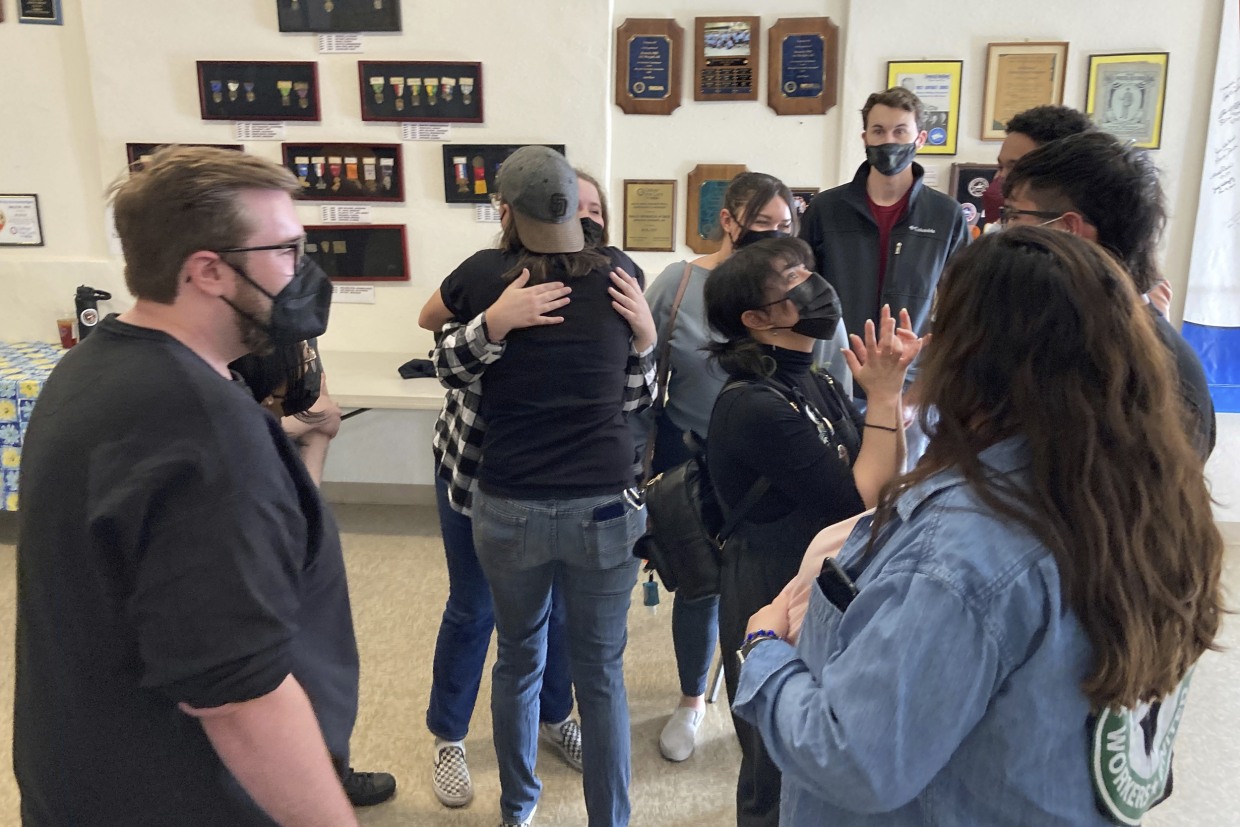This executive order is an example of the governor exercising her power found in the state constitution and the implied powers given to state chief executives. Because this issue is time sensitive, given the recent invasion of Ukraine, Hochul’s use of an executive order was strategic because she did not need approval from Congress or state legislatures. As we learned in class, executive orders are used when efficiency is crucial in emergencies. Although an executive order does not require other branches to weigh in, going against the checks and balances, it shows that sometimes having one person in power can create change more quickly.
The executive order includes canceling investments in Russia, although it is unclear the direct impact that this will have on the Russian economy. Hochul pointed out that New York’s economy is larger than Russia’s. The US has already announced several new sanctions on Russia, covering about 80% of Russian banking assets. Additionally, the US, European Union, UK, and Canada all declared that some Russian banks would be expelled from SWIFT, a financial messaging service. Despite these attempts to hurt the Russian economy, along with Hochul’s order, Russia has made sure not to rely on other countries for the last few years; it relies heavily on domestic production of goods.
Hochul has also announced that New York will welcome any Ukrainian refugees and has pointed out that New York has the largest Ukrainian population in the country. As people flee Ukraine to avoid the Russian invasion, Hochul hopes to make New York a safe place for these refugees.
Personally, I support the governor’s executive order, and I think that it is important that the US, and the rest of the West, do everything we can not to support Russia economically. Although it is unclear the exact impact this will have on Russia’s economy, every small thing helps this ongoing battle. Additionally, I greatly admire Hochul’s efforts to welcome Ukrainian refugees as they try to find a safe place to live.
Questions:
Do you think other governors should follow Hochul’s lead?
How do you think this executive order may impact the daily lives of Russian citizens?
Do you think the US should be more aggressive with sanctions on Russia and its allies?
https://abc7ny.com/new-york-state-russia-executive-order-russian-business-entities/11606061/
https://www.cnn.com/2022/02/26/business/russia-economy-sanctions/index.html
https://www.nga.org/governors/powers-and-authority/














